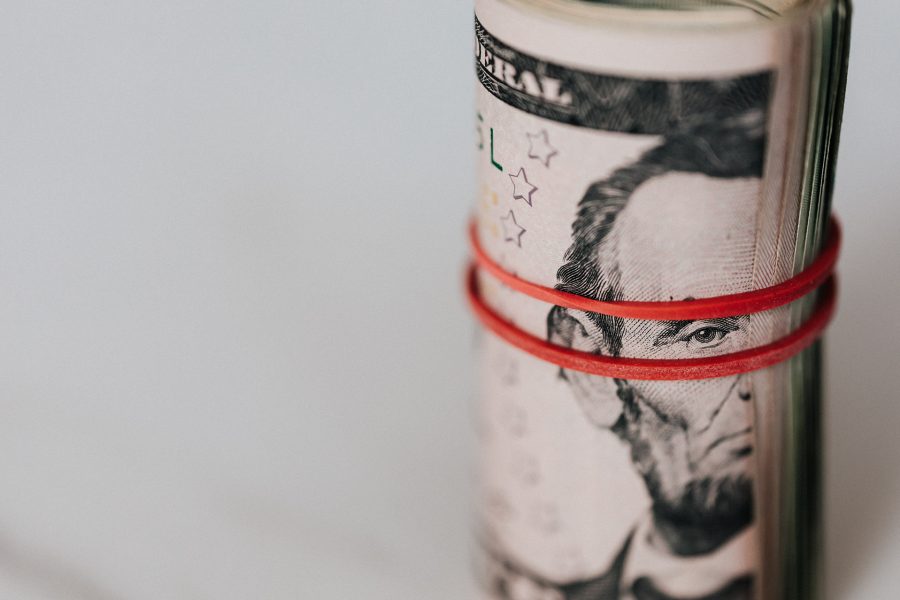Tax cuts are the “fertilizer applied to the roots of the economy.”
That’s not Arthur Laffer talking, but China Premier Li Keqiang. Last month, China’s Finance Ministry announced that it would cut income taxes for small companies from 25 percent to 20 percent to boost the communist country’s slowing economy. Li pledged to deliver tax cuts and rebates totaling 2.5 trillion yuan ($395.5 billion) this year. This is a big move – small companies account for about 80 percent of China’s urban employment. It’s also the fifth year in a row that China has cut taxes.
Meanwhile, the Biden Administration hopes to hike taxes, an irony that didn’t escape economist Steve Moore who promptly announce that Hell Has Officially Frozen Over. “It’s a sad day for America when we have a President whose economic strategy is to raise taxes, while our communist adversary wants to cut them,” said Moore.
Compare Li’s $395 billion tax cut to Biden’s $360 billion revenue raising proposal. The “Billionaire Minimum Income Tax”, which would affect the top .01 percent of households, proposes a minimum 20 percent tax rate that would hit both the income and unrealized capital gains of U.S. households worth more than $100 million. While Li wants to encourage small businesses, Biden’s tax plan will raise the tax burden on savings and discourage entrepreneurship.
The Tax Foundation’s Garrett Watson said the tax hike on America’s wealthy would place “foreign savers at a relative advantage” and reduces the amount of domestic savings which means that foreign savers would finance a greater share of investment opportunities in the U.S. “Over the long run,” writes Watson, “it would lead to a reduction in American income as investment returns flow to foreign savers instead of American savers.”
While I can’t see America’s billionaires hightailing to China, it’s a very big world. The Tax Foundation notes that most Organization for Economic Co-operation and Development (OECD) countries have been moving the opposite direction, taxing capital gains when they are realized and at lower rates than the U.S.
Meantime, higher tax rates may also be in the offing in California. Our colleague Emily Humpal wrote about legislators’ plan to hike taxes on gas suppliers by gutting a bill that would have suspended the 51 cent tax on a gallon of gas in the state. Sacramento progressives seem bent on saving as much of the state’s $31 billion (and climbing) budget surplus as possible for the government’s coffers or to fund their political favorites.
Despite sky-high inflation, a floundering stock market, and talk of recession among economists, an Axis of Taxes seem to be forming between Washington and Sacramento – a club Communist China won’t be joining.
Rowena Itchon is senior vice president of the Pacific Research Institute.


